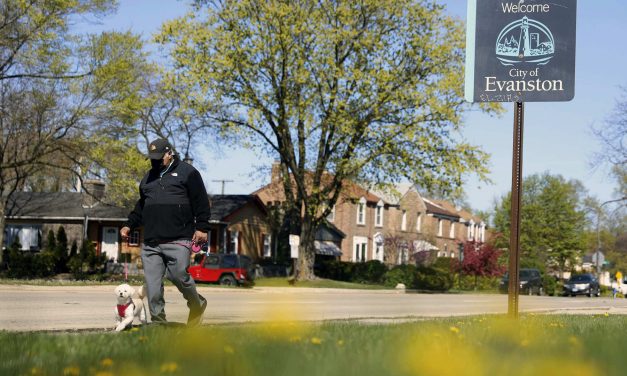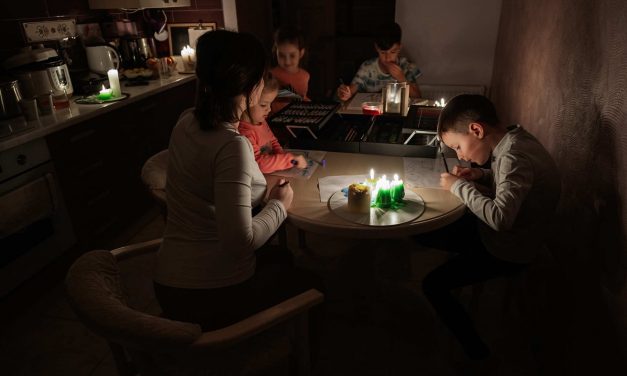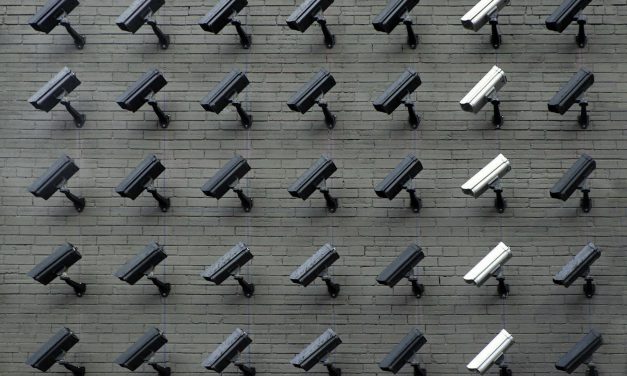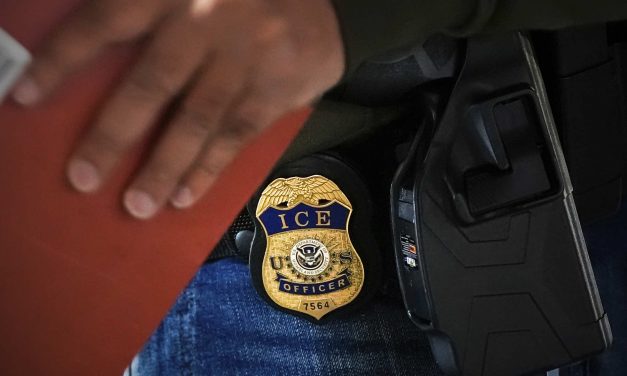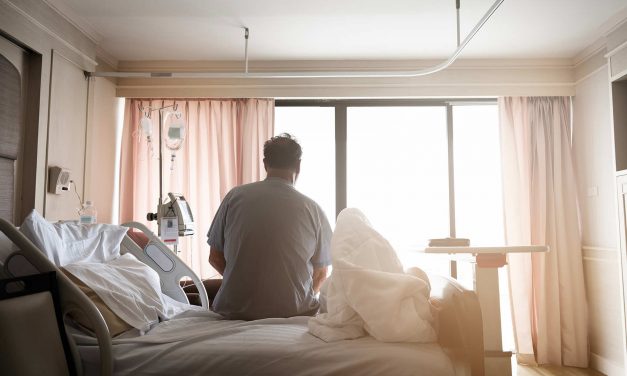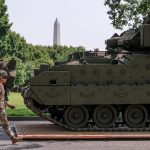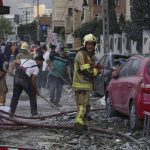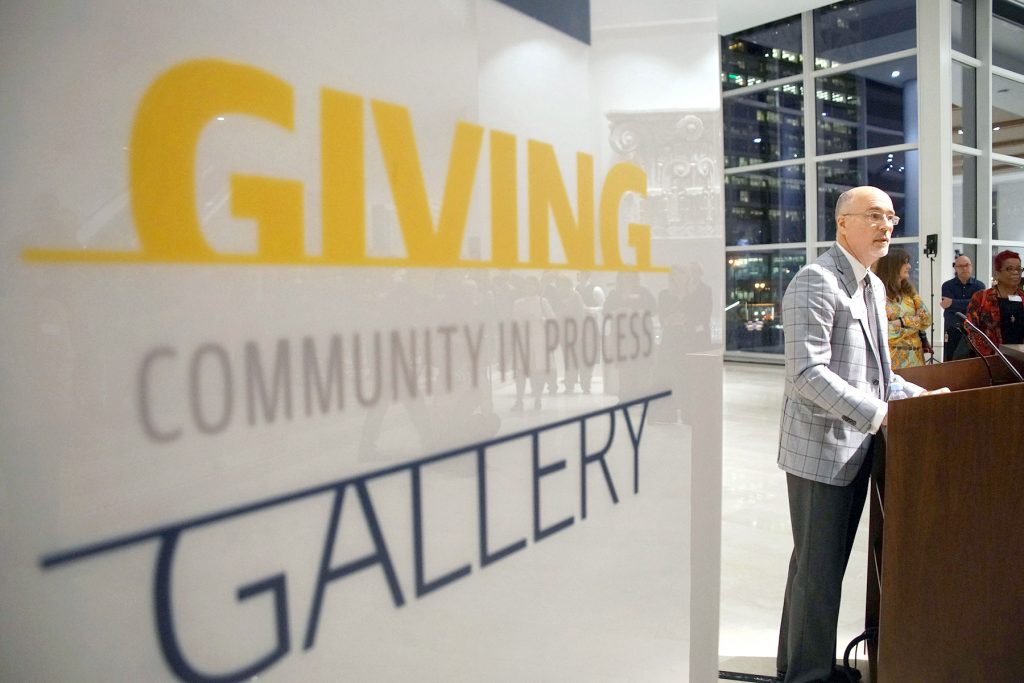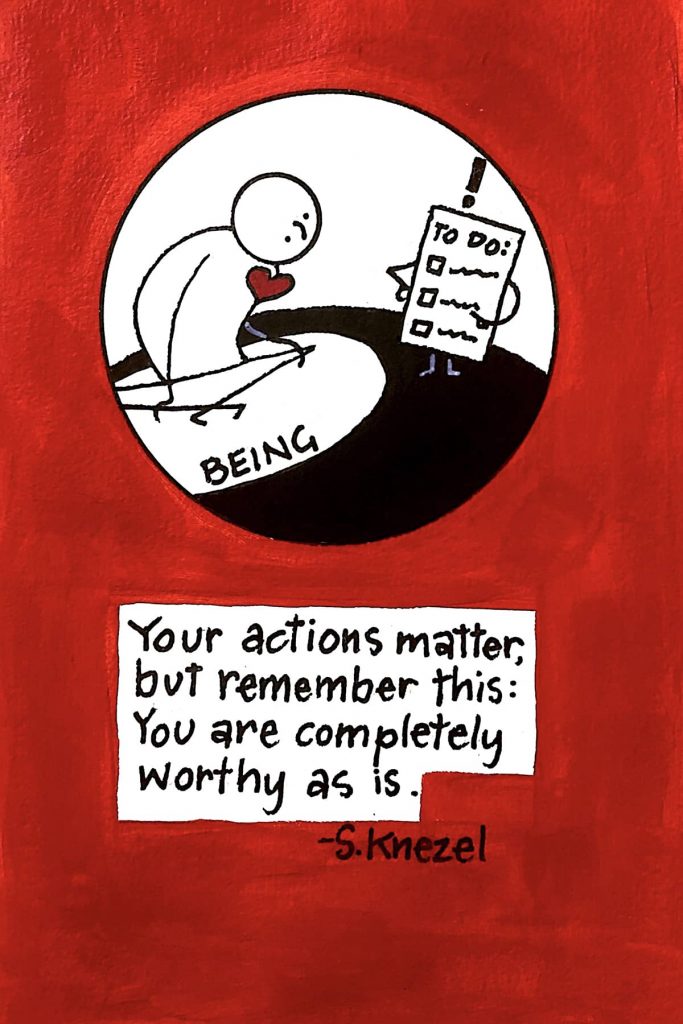U.S. cities explore how land reparations can address generational harm from racism and colonization
By Sara Safransky, Associate Professor, Department of Human and Organizational Development, Vanderbilt University; Elsa Noterman, Senior Lecturer in Human Geography, Queen Mary University of London; Madeleine Lewis, Doctoral Student, Department of Human and Organizational Development, Vanderbilt University Ever since the United States government’s unfulfilled promise of giving every newly freed Black American “40 acres and a mule” after the Civil War, descendants of the enslaved have repeatedly proposed the idea of redistributing land to redress the nation’s legacies of slavery. Land-based reparations are also a form of redress for the territorial theft of colonialism. Around the world, politicians tend...
Read More
